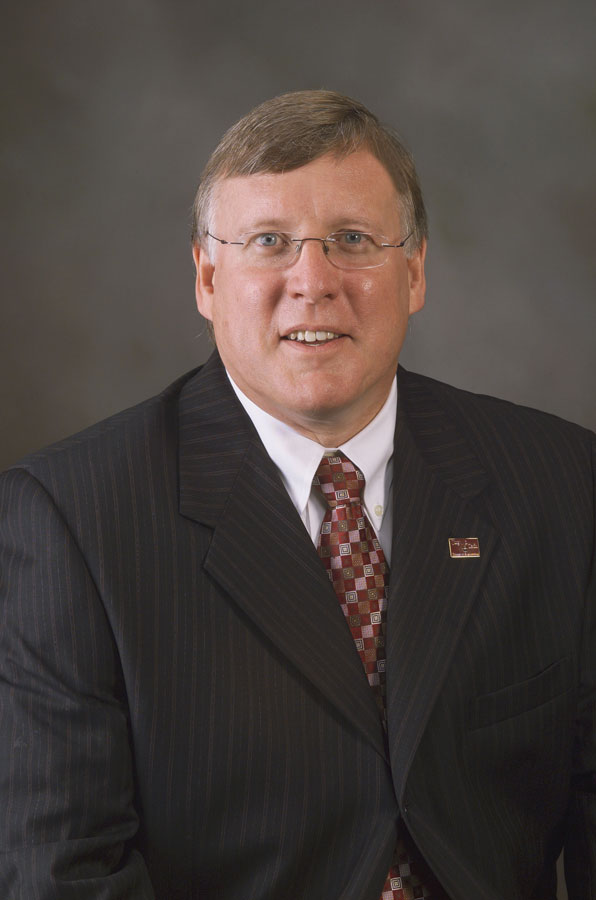College of Engineering to offer nuclear engineering course work

Virginia Tech's College of Engineering is now offering graduate course work that will lead to a master’s of engineering degree in mechanical engineering with a nuclear certificate.
Courses are now available and approval for the certificate is expected for 2008 fall semester.
"With the critical demand for energy by our nation and the world, we are pleased to revive our concentration on nuclear engineering," said Richard C. Benson, dean of Virginia Tech's College of Engineering. "We have strong relationships with a number of industrial and government entities--including AREVA NP Inc., Dominion Resources, Oak Ridge National Laboratory, the Commonwealth of Virginia, and the Department of Energy--that have shown support for our nuclear engineering program. I believe educating our very bright students in this area will be beneficial to them and to society."
"Our long term vision is to create an interdisciplinary program in nuclear science and engineering," said Ken Ball, head of the mechanical engineering department, who has expertise in both nuclear materials and engineering. "Our program would encompass the nuclear sciences and medicine, as well as nuclear engineering, and reach across three of Virginia Tech's colleges."
Virginia Tech is a founding member of the Southeast Universities Nuclear Reactors Institute for Science and Education (SUNRISE), of which Ball is a member of the Board of Directors. SUNRISE is dedicated to enhancing the quality of nuclear education and research and other services in the region for the purpose of supporting the development of the next-generation nuclear workforce, nuclear technology, and advanced nuclear research.
Virginia Tech's nuclear course work is also available to off-campus students. Since Virginia's Commonwealth Graduate Engineering Program (CGEP) approved the nuclear certificate from Virginia Tech, its network is hosting the graduate classes and will use the distance education classrooms of Central Virginia Community College in Lynchburg, Va., as well as the Richmond Center and the Hampton Roads Center.
Classes are simultaneously offered on the Virginia Tech campus and at the participating campuses around the state. The video teleconferencing of the classes is conducted with state-of-the-art fully interactive, multi-site two-way video and audio links.
Courses in this program can also be used as resources to fill the requirements of the master's of science and the doctorate programs in mechanical engineering. Earning a masters degree in mechanical engineering with a nuclear certificate requires satisfactorily completing a 30-credit hour program.
Mechanical engineering faculty members Eugene Brown and Mark Pierson are in charge of the initial planning of this new program.
For additional information about this new program, e-mail Brown at efbrown@vt.edu, or Pierson at mark.pierson@vt.edu.




